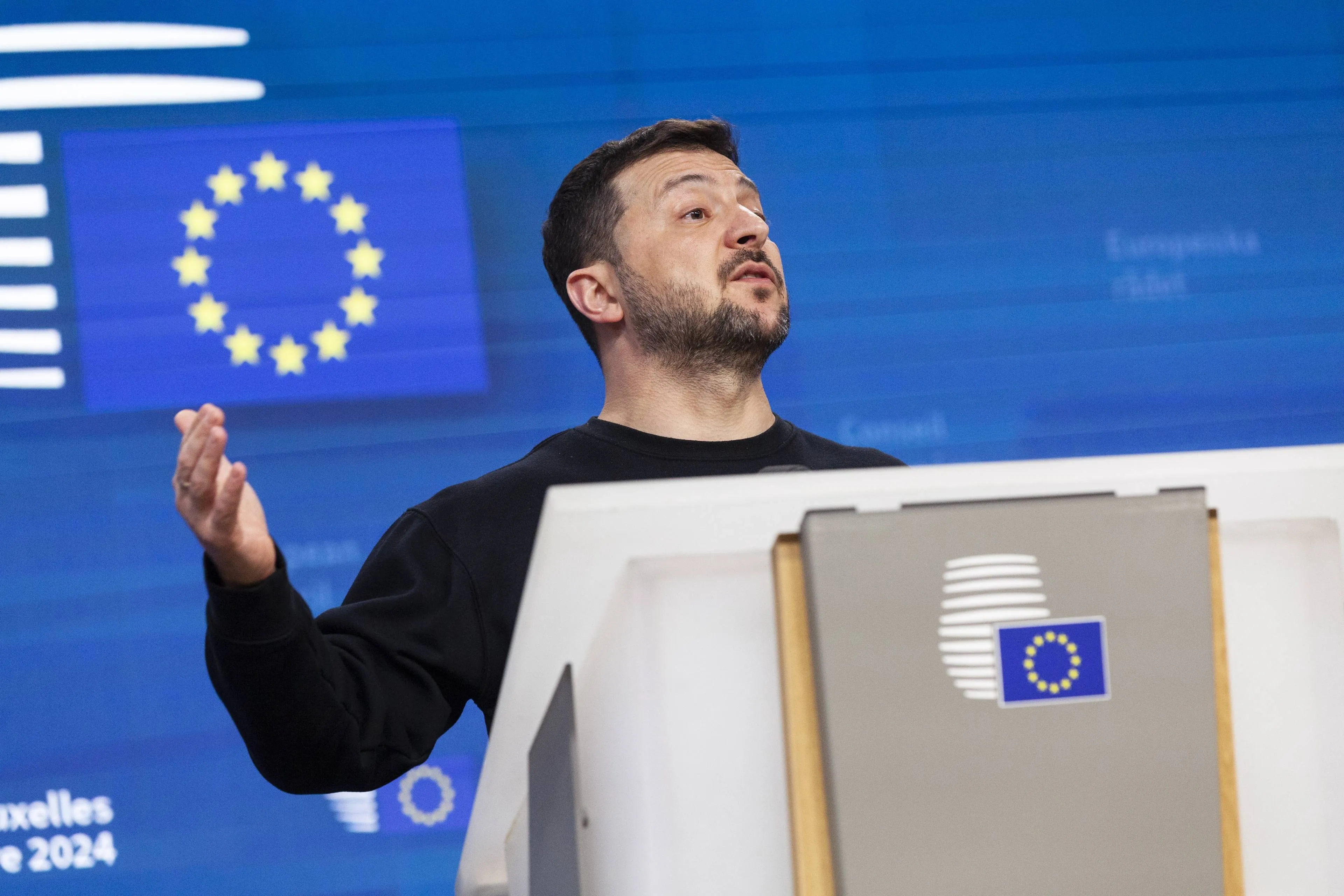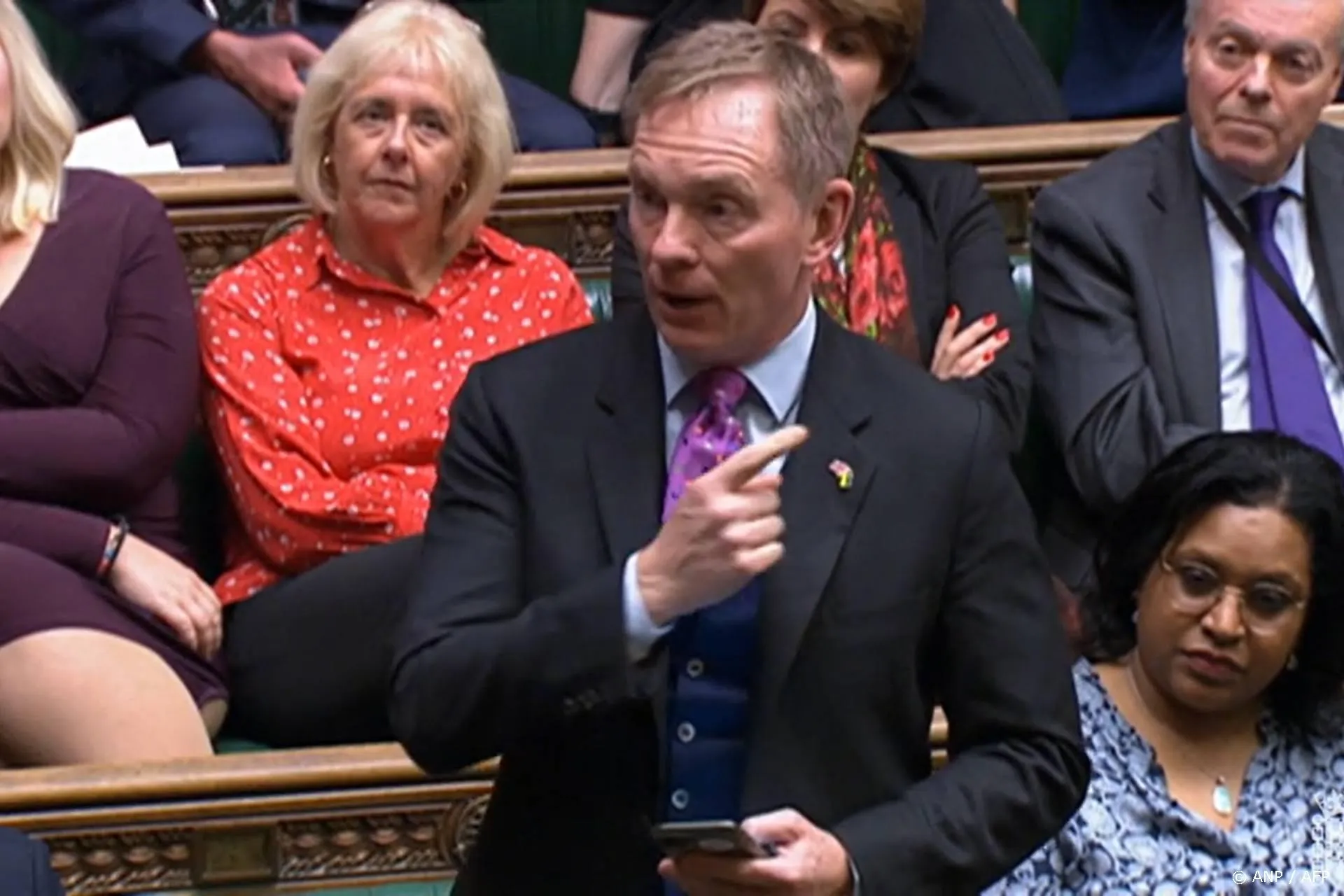Over energiezekerheid en onbetrouwbare sjeiks en tsaren
In de discussie over duurzame energie (vooral voor elektriciteitsopwekking) brengen de voorstanders daarvan steevast vier hoofdargumenten naar voren.
In de eerste plaats is het is nodig om het klimaat te beschermen. Immers, wind- en zonne-energie stoten geen CO2 uit. In de twee plaats is het bijna even duur als conventionele energie. In de derde plaats zou de productie van fossiele brandstoffen binnenkort een piek bereiken. En in de vierde plaats maakt het ons onafhankelijk van onbetrouwbare buitenlandse olieleveranciers: de sjeiks en de tsaren.
Over het klimaat zal ik het dit keer niet hebben. Vele malen eerder heb ik betoogd dat CO2, van welke oorsprong dan ook, waarschijnlijk een onbeduidend effect heeft op de wereldtemperatuur. (Voor de fijnproevers: een nieuwe studie van Nicola Scafetta over dit thema is hier te vinden.) Bovendien is de CO2-uitstoot bij het gebruik van windenergie niet of nauwelijks minder dan bij conventionele energieopwekking, zoals Fred Udo nog onlangs heeft berekend. Wat de kosten betreft moet worden vastgesteld dat duurzame energie (vooral wind en zon) een veelvoud kost van traditionele energie. Dat wordt vaak verdoezeld door onvolledige cijferoverzichten, waarbij grote kostenposten buiten beeld blijven. Dat geldt bijvoorbeeld voor de conventionele back-up capaciteit, die altijd beschikbaar moet zijn voor als het niet waait of de zon niet schijnt. Dat geldt ook voor uiterst dure netuitbreidingen die nodig zijn om de verspreid opgestelde windmolens en zonnepanelen op het net aan te sluiten. Voor berekeningen van dat alles zie de bijdrage van Fred Udo waarnaar ik hierboven verwees.
Ook de nakende oliepiek of fossiele brandstoffenpiek is een fabeltje, zoals ik al eerder heb betoogd.
Maar hoe zit het nu met die vermeende onbetrouwbaarheid van de olie- en gasleveranciers: de sjeiks en de tsaren?
In een artikel, getiteld: 'Why 'Dependence' On Foreign Oil Is A Bogus Worry', legt Jim Powell uit waarom olie- en gasleveranciers even afhankelijk zijn van hun afnemers als hun afnemers van hen. Tja, zo gaat dat in de handel.
Militaire conflicten als de Zesdaagse oorlog en de Yom Kippur oorlog en afgekondigde olie-embargo's hebben nauwlijks invloed gehad op de olieaanvoer naar het Westen.
Powell:
Why was that embargo associated with significantly higher oil imports? From a practical standpoint, theres really no such thing as a U.S. oil market. Theres a global oil market, and oil shipments tend to go where the best prices are offered. Once a tanker leaves a port loaded with oil, the producing country no longer has control over it. In 1973, oil producing countries continued shipping to European countries that werent involved with the Yom Kippur War, but much of that oil was re-shipped to the U.S. Some of the OPEC oil shipped to the Caribbean was also re?shipped to the U.S.
In addition, OPEC has experienced the chronic cheating that generally afflicts cartels: its in the interest of each member to have everybody else cut back sales so that prices will be pushed up, while each member sells as much as possible under the table at high prices, making it difficult to maintain those prices. Algeria, Gabon, Indonesia, Iraq, Kuwait, Nigeria, Qatar, the United Arab Emirates and Venezuela reportedly have been among the most notorious OPEC cheaters, selling as much as 40 percent more oil than their assigned quotas.
President Richard Nixons Secretary of State Henry Kissinger agreed: the Arab embargo was a symbolic gesture of limited practical importance The true impact of the embargo was psychological. ...
It makes as little sense to worry about our dependence on foreign oil as it does to worry about our dependence on private enterprise, computers and other wonders. We would be worse off doing things that cost more or dont work as well. We should make the most of our comparative advantages.
Keep in mind that major oil producers have strong incentives to sell their oil. In most cases, it dominates their economies and generates a substantial percentage of government revenues. Moreover, many of these countries live beyond their means. They have spent huge sums on weapons, wars, palaces, religious police and money?losing nationalized industries. Generally the major oil producers have failed to diversify their revenue sources by providing an attractive business climate where different industries could develop. Saudi Arabias oil revenues, for instance, are almost 40 percent of their GDP. Their expenditures are about 15 percent more than their total revenues. Kuwaits oil revenues are 75 percent of their GDP. About 48 percent of Qatars government revenue comes from oil exports. Oil is 84 percent of Omans government revenue and 37 percent of Norways. Oil reportedly accounts for about 80 percent of Irans export earnings and 50 percent of government revenues. Nigerias government budget is usually in the red, and in recent years its oil revenues have been running between 63 percent and 81 percent of total revenues. Oil represents 57 percent of Kazakhstans exports and 46 percent of government revenue. Oil generates about two-thirds of Russias revenue from exports.
Kortom, sjeiks en tsaren zullen ons blijven voorzien van gas en olie. Niet vanwege onze mooie blauwe ogen, maar omdat zij er belang bij hebben.
Alweer een sprookje minder.
Ga verder met lezen
Dit vind je misschien ook leuk
Laat mensen jouw mening weten
Lees ook
Loading


